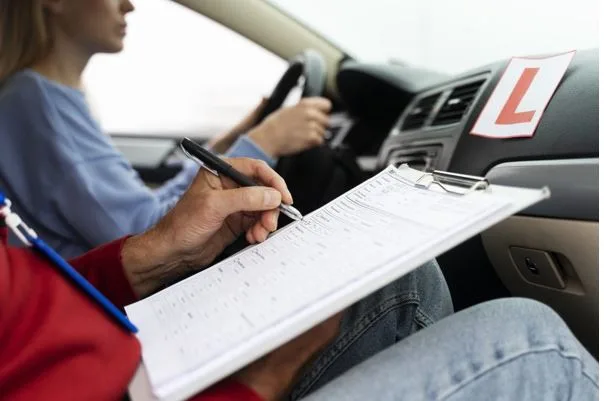Understanding Types of Commercial Driver Licenses in Florida
Driving commercially in Florida isn’t as simple as just hopping behind the wheel. Whether you are hauling goods across the state or shuttling passengers on a bus, you need the right Commercial Driver License (CDL). Each type of vehicle has its own licensing rules, which means it’s crucial for drivers to know exactly which CDL matches their job.
A CDL license isn’t just a piece of paper. It’s a legal requirement for anyone operating large vehicles. Knowing which type of CDL you need can help you stay safe, avoid fines, and even protect you in case of an accident. That’s the primary reason why injury and car accident lawyers often emphasize the importance of understanding your license category.
What is a CDL License?
A CDL license is a state-issued credential that allows you to operate commercial vehicles. In Florida, CDLs are divided into classes depending on the vehicle’s size and purpose. Each class may also come with endorsements, ensuring drivers have the skills and training to handle specific types of vehicles safely.
Commercial vehicle accidents can be serious because of the sheer size and weight of these vehicles. In such cases, car accident lawyers often look at whether the driver had the proper CDL and endorsements. It’s a factor that can play a big role in determining liability.
Classes of Commercial Driver Licenses in Florida
Florida issues three main CDL classes, each serving different types of drivers:
Class A
- Lets you operate combination vehicles, like tractor-trailers: These are the largest commercial vehicles on the road.
- Common among long-haul truck drivers: Drivers who transport goods across states typically need this license because they are handling combination trucks on highways and interstates.
- Requires passing both a knowledge test and a skills driving test: To ensure safety, drivers must demonstrate both their understanding of rules and their practical ability to operate large combination vehicles, including pre-trip inspections, maneuvering, and highway driving.
Class B
- Covers single vehicles over 26,000 pounds, such as large buses or straight trucks: These are standalone vehicles that are very heavy and require special training to operate safely.
- Often used by local delivery drivers or school bus operators: This class suits drivers who stay within a city or region, delivering goods or transporting passengers.
- Some endorsements are required if you’re transporting passengers: If the vehicle carries people, additional endorsements ensure the driver is trained to handle passenger safety and special situations like school bus protocols.
Class C
- For vehicles that don’t fall under Class A or B, like small passenger vans or vehicles carrying hazardous materials: This class is for smaller or specialized commercial vehicles, often with unique risks.
- Frequently needed for specialized commercial driving roles: Jobs like shuttle services or small delivery vans require a Class C to ensure drivers meet safety and legal standards.
Endorsements and Restrictions
Endorsements let you drive specific vehicles with your CDL. Common Florida endorsements include:
- P: Passenger vehicles (buses)
- H: Hazardous materials
- T: Double/triple trailers
- N: Tank vehicles
Restrictions may apply due to age, medical conditions, or vehicle type. Ensuring your CDL and endorsements match your duties is crucial, especially in accidents, as personal injury lawyers often review them when handling commercial vehicle cases.
Why CDL Knowledge Matters in Accidents
- Legal Compliance: Driving without the proper CDL or endorsements can make the driver liable in accidents.
- Accident Investigation: Lawyers check the class and endorsements to determine if the driver was qualified for the vehicle.
- Liability Determination: Incorrect license use can affect fault assignment in crashes.
- Insurance Implications: Non-compliance with CDL requirements may void insurance coverage.
- Victim Compensation: Injury and car accident lawyers consider CDL knowledge when building cases for accident victims.
Bottom Line
- A CDL license is required to operate commercial vehicles in Florida.
- There are three main classes – A, B, and C, each covering different vehicle types.
- Endorsements allow you to drive specialized vehicles, while restrictions limit certain operations.
- Knowing your CDL isn’t just about compliance—it can protect you legally and keep roads safer.
- Injury and car accident lawyers are key resources if commercial vehicle accidents happen.




